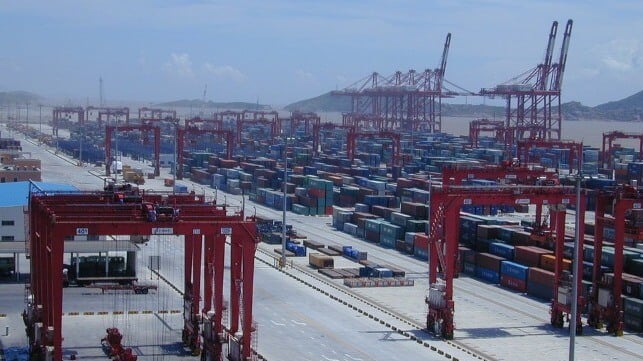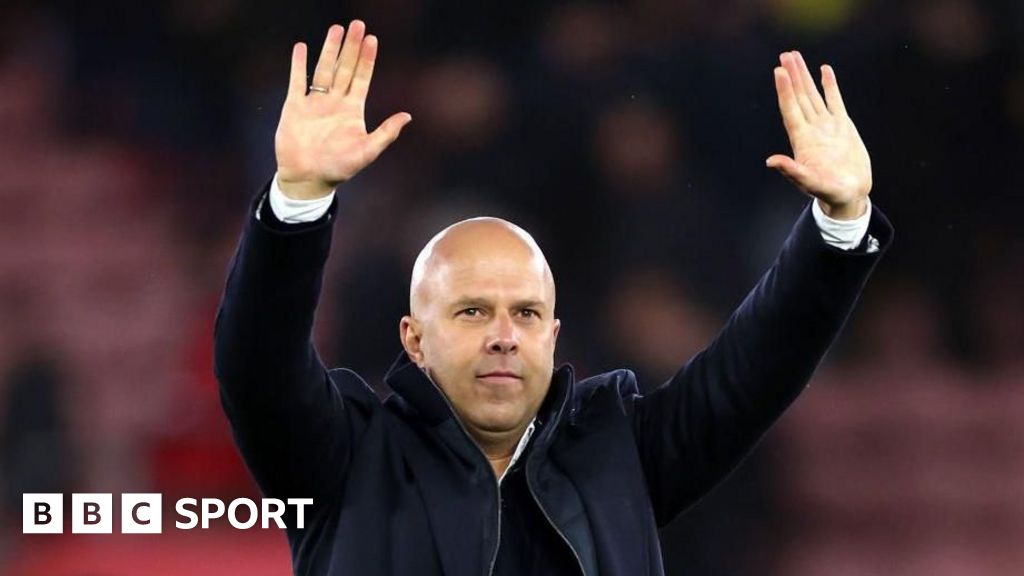Bussiness
How tycoons and oligarchs are pushing corporate spies out into the cold

In John le Carré’s landmark espionage novel Tinker Tailor Soldier Spy, undersecretary Oliver Lacon outlines the obvious problem in unearthing a traitor at the heart of the British secret service. “It’s the oldest question of all, George,” he muses to the hero, George Smiley. “Who can spy on the spies? Who can smell out the fox without running with him?”
Yet in the modern setting of corporate intelligence – an industry that collates research on the business world and employs its fair share of former state-agency operatives – there appears to be no such issue.
Over the past few years there has been increasing scrutiny on an industry which has always had a reputation for operating in the shadows. This trend may increase now that Varun Chandra, who previously ran the London corporate intelligence firm Hakluyt, has joined the Labour government as a special adviser for business and investment.
That scrutiny is most obvious in the publicity surrounding the scandals that occasionally befall the sector. Examples have recently included allegations of “intimidation” and covert surveillance by one operator, Kroll, as it tried to track hedge fund managers betting on falls in the share price of now-disgraced Wirecard; or Lynton Crosby’s CT Group, which this year stood accused of unlawfully gathering privileged information in a high court battle over a multibillion-dollar estate linked to a dead Russian billionaire.
Both firms have said they complied with applicable laws and regulations. CT Group has said it denies the allegations in full, and last year Kroll also denied the allegations in a claim made against it in full. Kroll did not respond when asked for the current status of the claim.
Other types of scrutiny are also combining to complicate the business of these corporate investigators, whose due diligence reports are routinely commissioned by western companies as they look for comfort when conducting business with unfamiliar entities and tycoons from overseas markets.
Sometimes these checks may be part of a company’s legal responsibilities to ensure they are not breaking any laws – yet recent incidents have complicated these efforts and sent shock waves through the industry.
For example, when Chinese authorities raided the Beijing office of Mintz Group last year, the US corporate investigations and due diligence firm had its operations shut down and five of its Chinese staff detained. The company said it was confident neither it nor its employees had done anything wrong.
Mintz, which lists 12 offices around the world, said it had received no legal notice about the reasons for the raid, but it was later fined about $1.5m for doing “unapproved statistical work”, according to a Beijing Municipal Bureau of Statistics notice.
The effect has been to reduce the already small pool of analysts in China who can conduct due diligence on local companies.
Nicholas Bortman, a partner at the corporate intelligence firm Raedas, said: “Companies in the US and Europe sourcing [products and services] from mainland China are facing huge pressure from regulators and national security interests to investigate their supply chains. But the raid on Mintz Group last year cast a chill across the sector.
“It’s not the first time the Chinese government has taken action against investigators. But the scale and profile of the raid and its impact on Mintz got everyone’s attention.”
Bortman said that the risks now associated with carrying out such work in China were prompting operators to pull back, or at least act with extreme caution, making it harder for western companies to obtain reliable information on the country’s markets.
He added: “In the past, Hong Kong was something of a bridge into the mainland. But the national security law and policy changes in Beijing led to a similar exodus there.
“No question, the sector’s ability to gather information in China has been degraded. Yet the demand is more acute than ever.”
Back in London, there is a separate issue whereby “spying on the spies” is undermining the industry’s ability to conduct due diligence on targets, who may include oligarchs or secretive tycoons.
after newsletter promotion
For a couple of years now, private investigations firms have been wrestling with frequent requests under the UK’s General Data Protection Regulation (GDPR), which allows individuals to gain access to the personal information that companies hold on them.
These demands, known as data subject access requests (DSARs), are being sent to UK corporate intelligence firms by City lawyers representing some of the world’s more colourful business figures.
“Along with other firms in our sector, we get these ongoing DSARs from representatives of oligarch-type individuals,” said one London-based corporate intelligence boss.
“What they are trying to do is to shut down the corporate intelligence companies looking at them and stop us writing anything contentious or controversial in our reports – especially if the information comes from human sources of intelligence.”
While the intelligence firms may resist, stall and redact information they end up supplying in response to these requests, they are under a legal obligation to comply, as the industry does not benefit from the DSAR exemptions that apply to the media.
The only way to counteract this, says the private investigations boss, “is to say ‘bring it on’ and fight them every inch of the way. Most don’t want to go to court to cleanse their reputation.”
However, when the oligarch’s lawyers see the report on their client, they may follow up with demands for the investigators to stop investigating, delete any report, withdraw any unkind conclusions and promise to never investigate anything to do with their client’s business dealings again.
The lawyers might also threaten to sue or pursue anybody they now suspect as the source of any leak.
It is a game that threatens the corporate investigations industry – and one that differs only slightly from the ones that Smiley played in le Carré’s novels. As the spycatcher said to his rival Karla in Tinker, Tailor: “We’re getting to be old men, and we’ve both spent our lives looking for the weaknesses in one another’s systems.”

.jpg)








